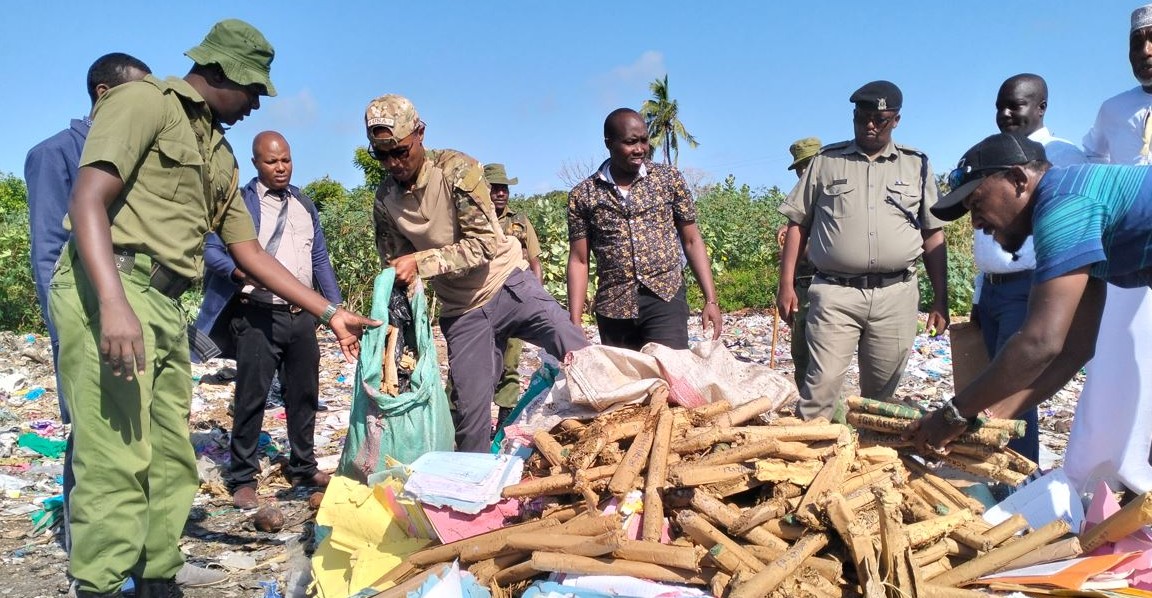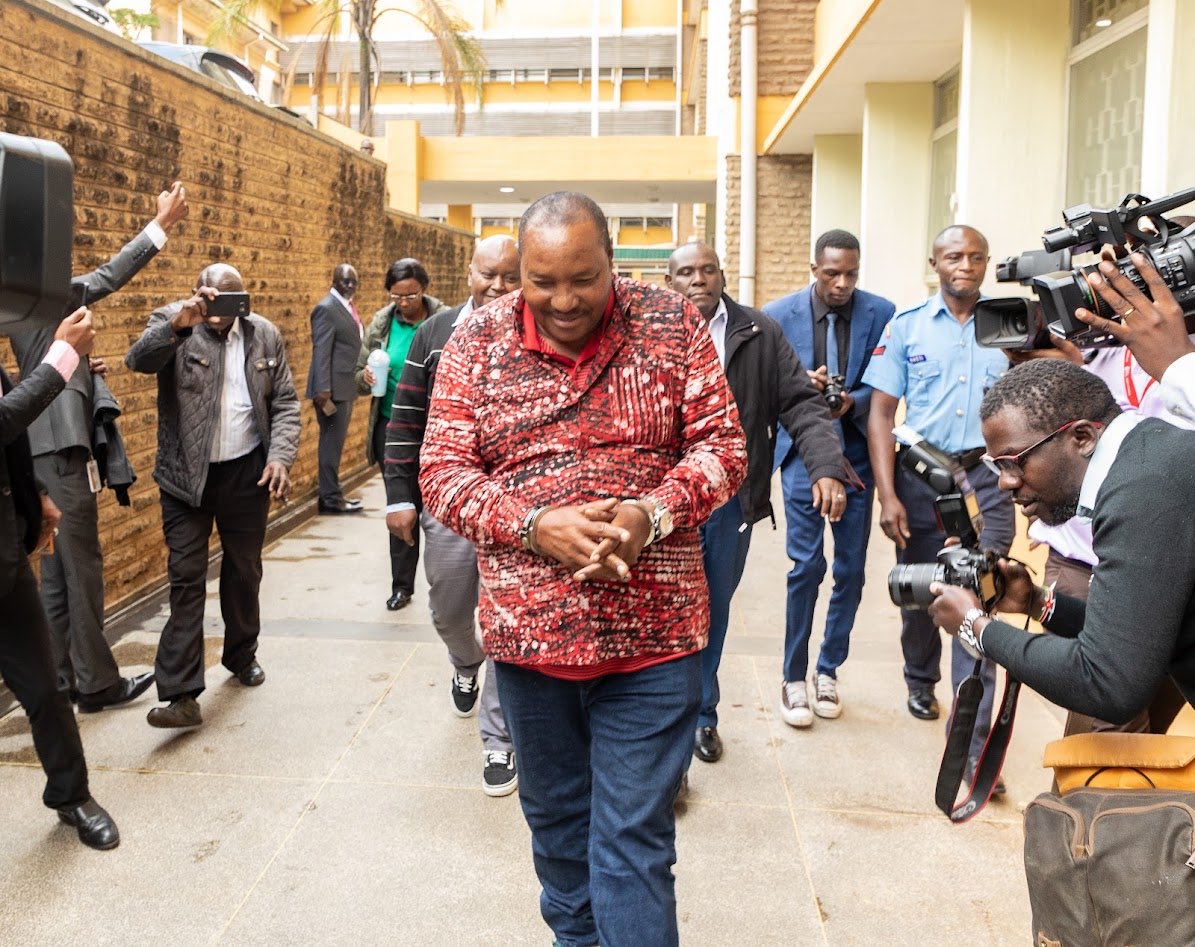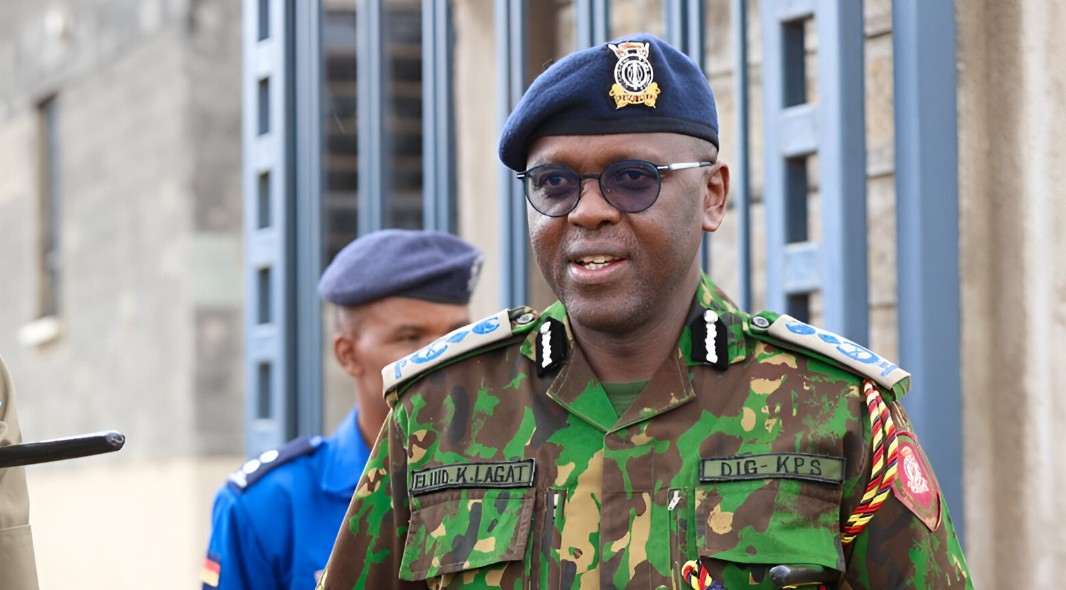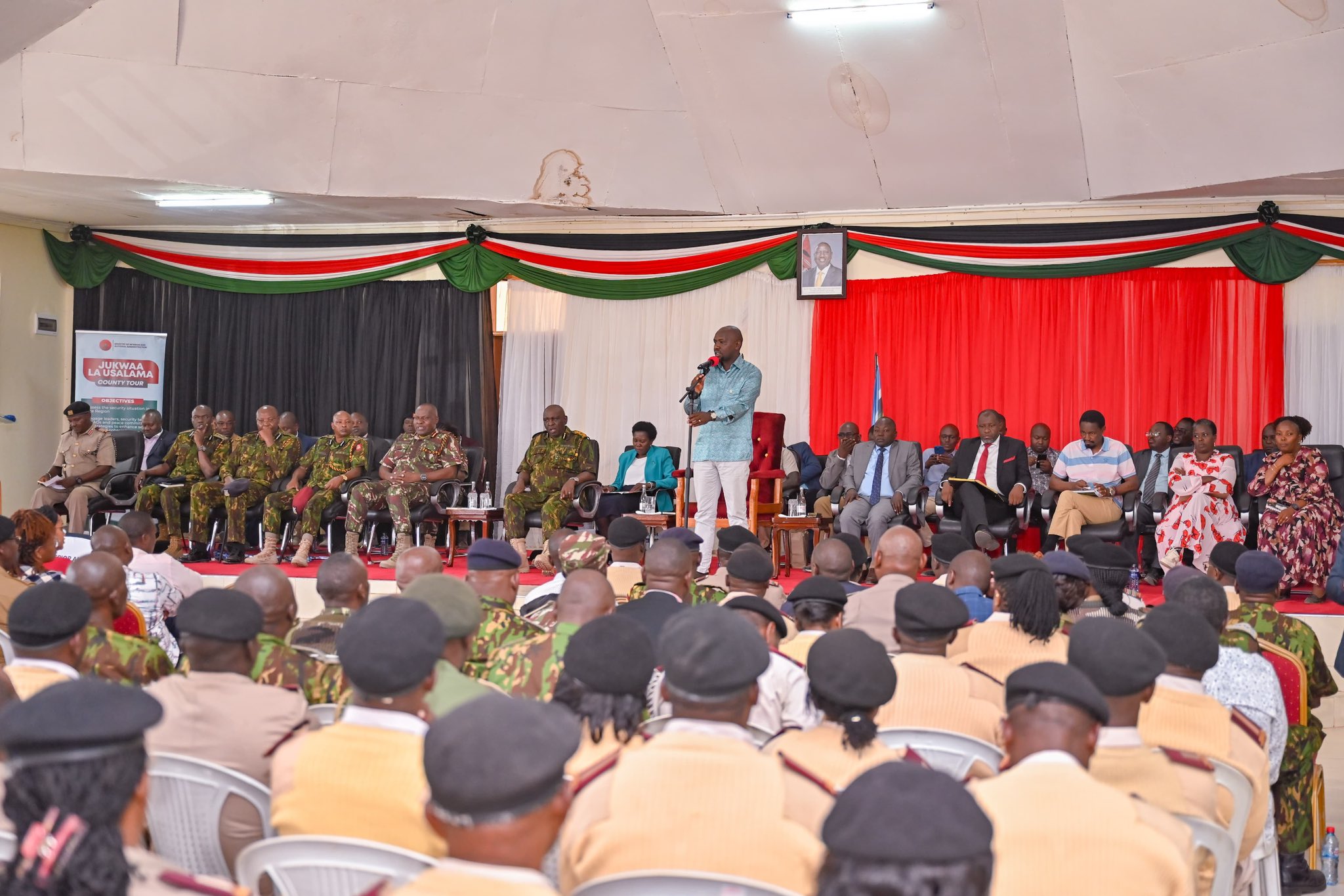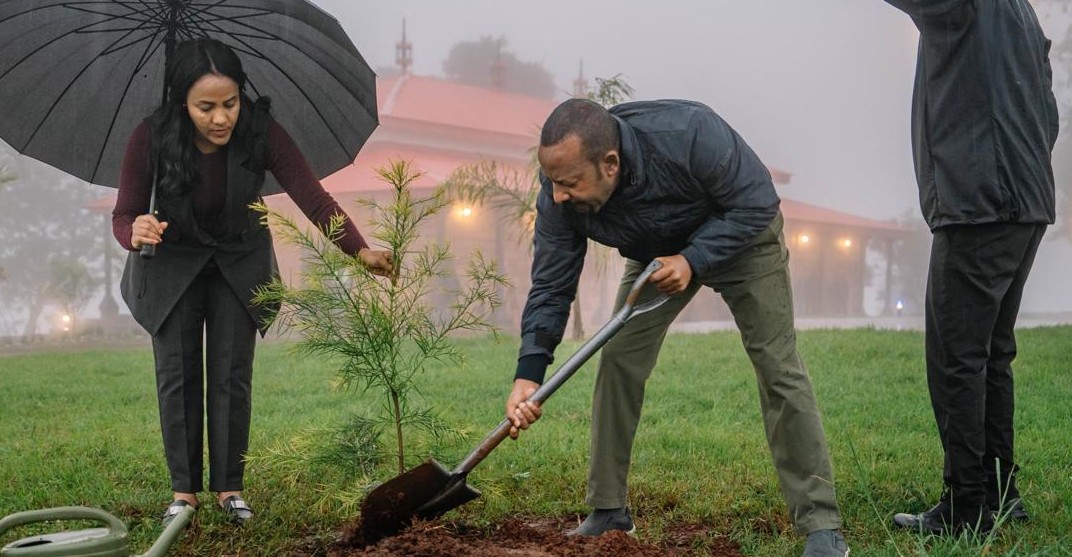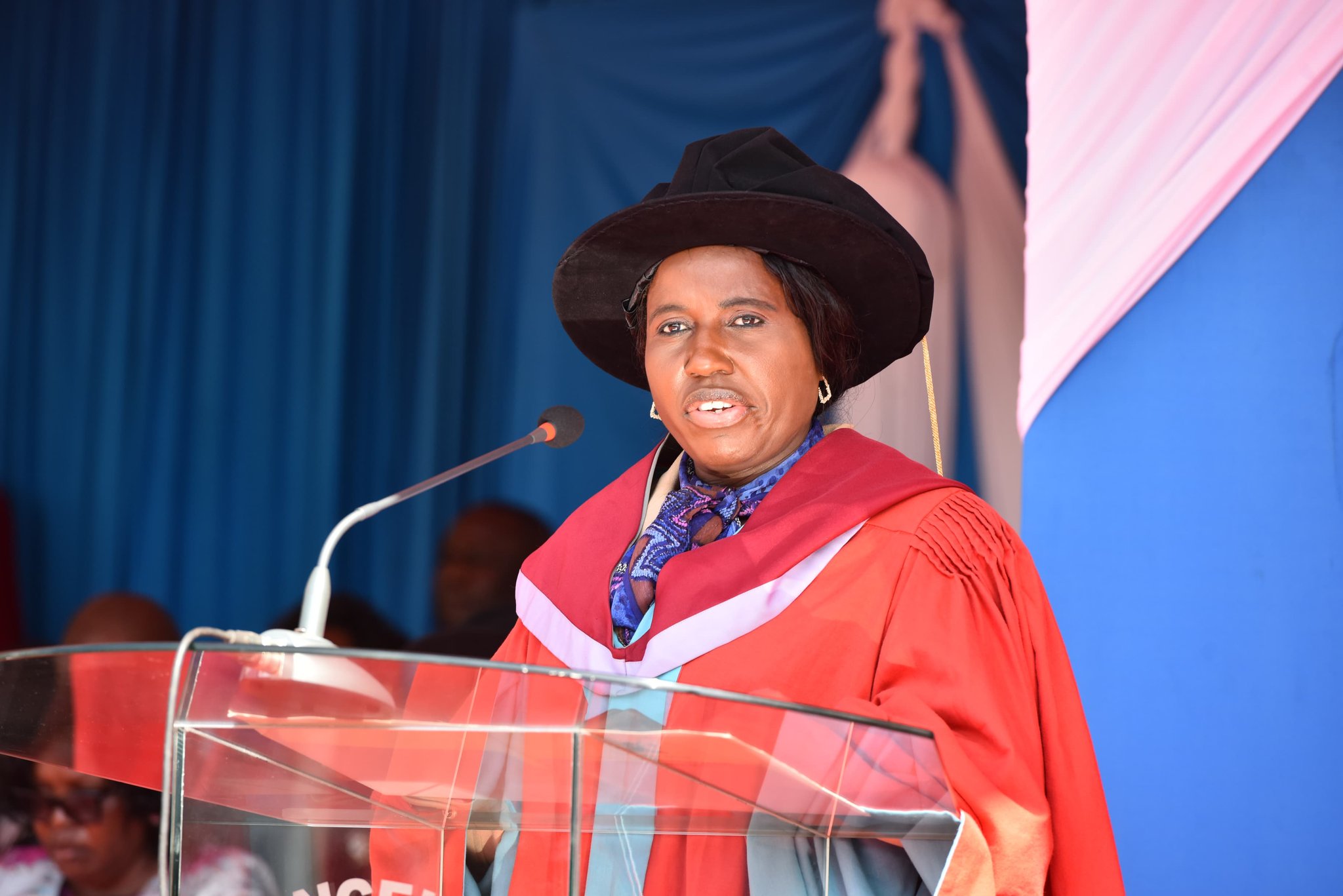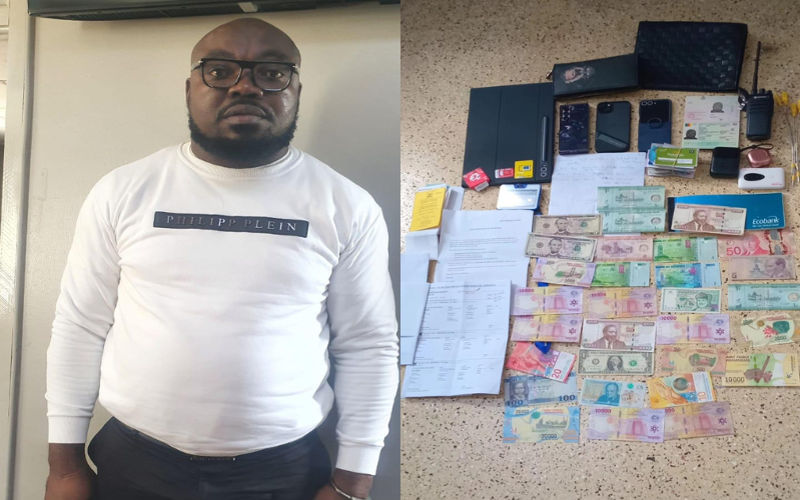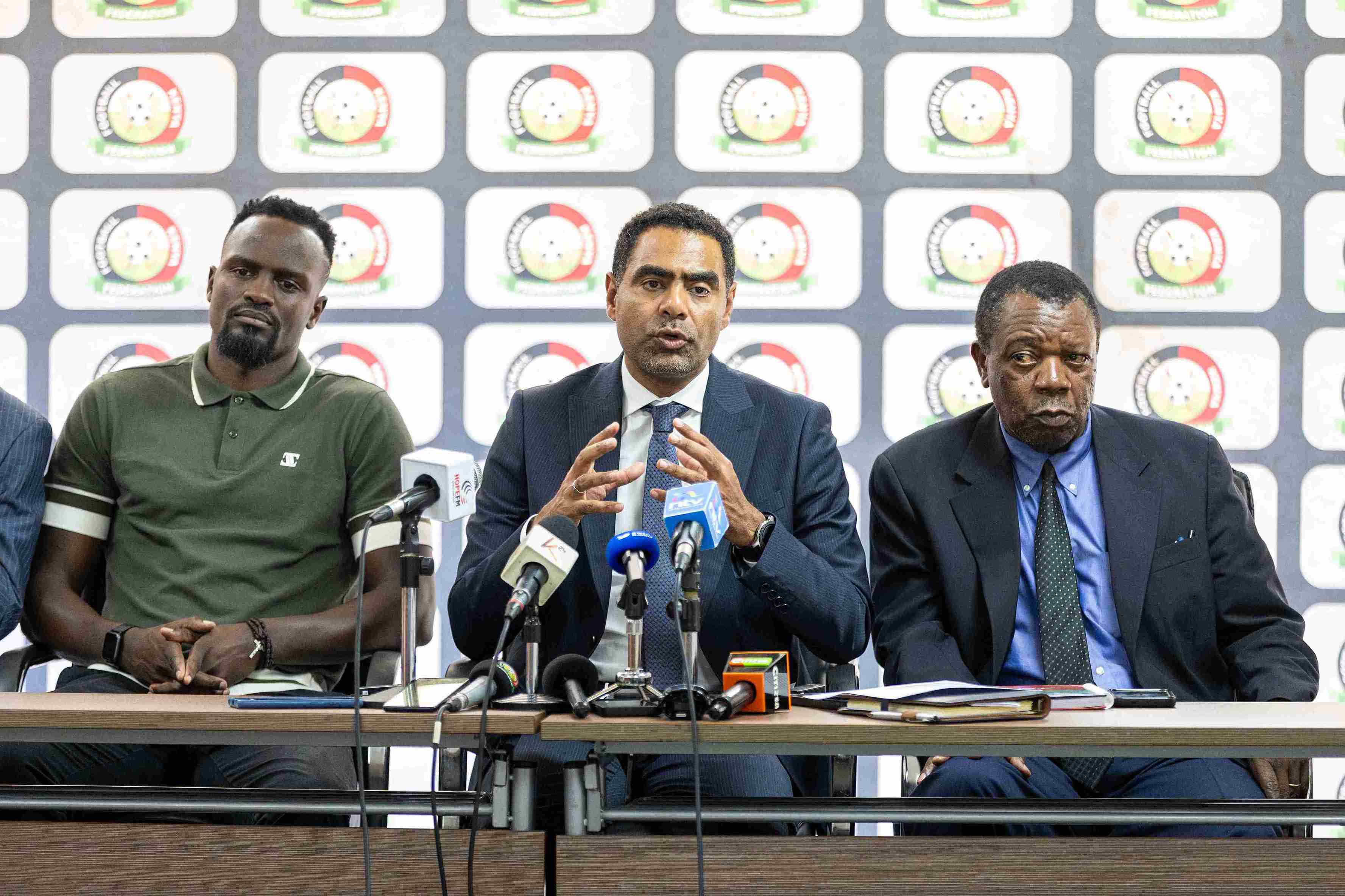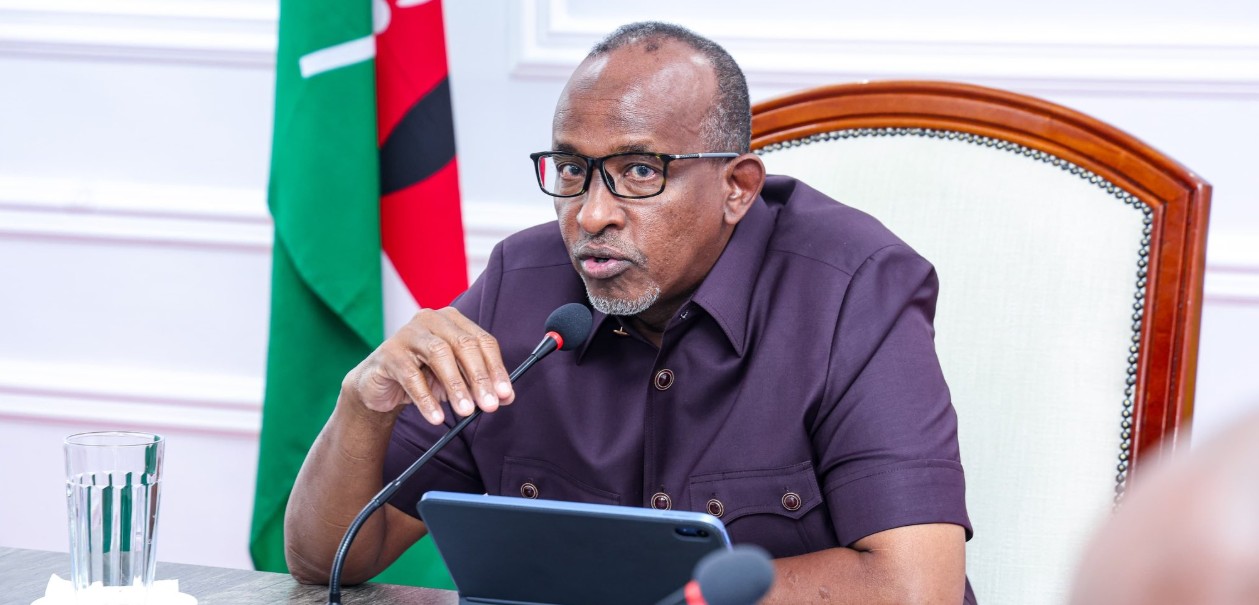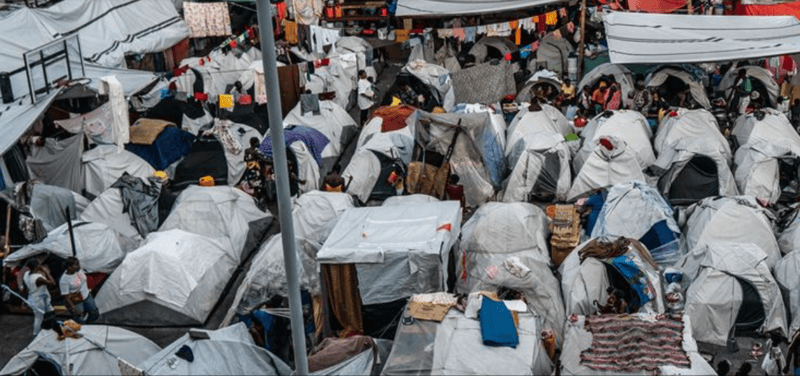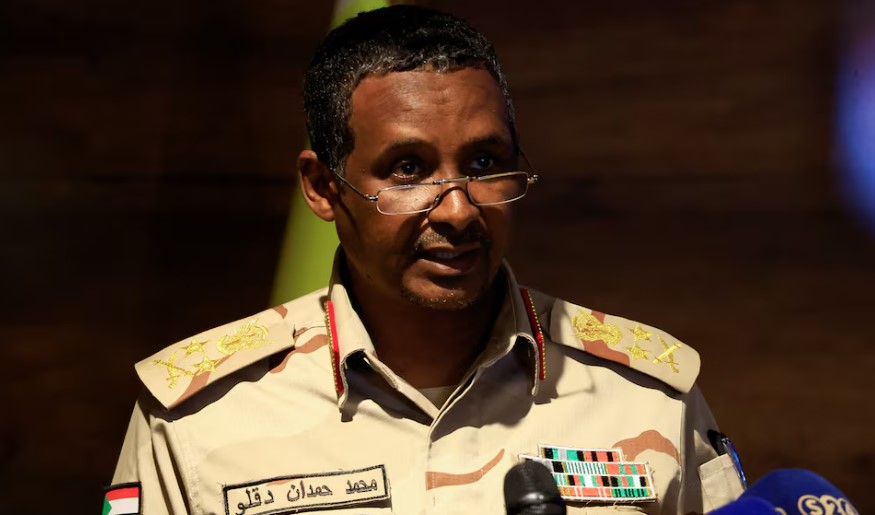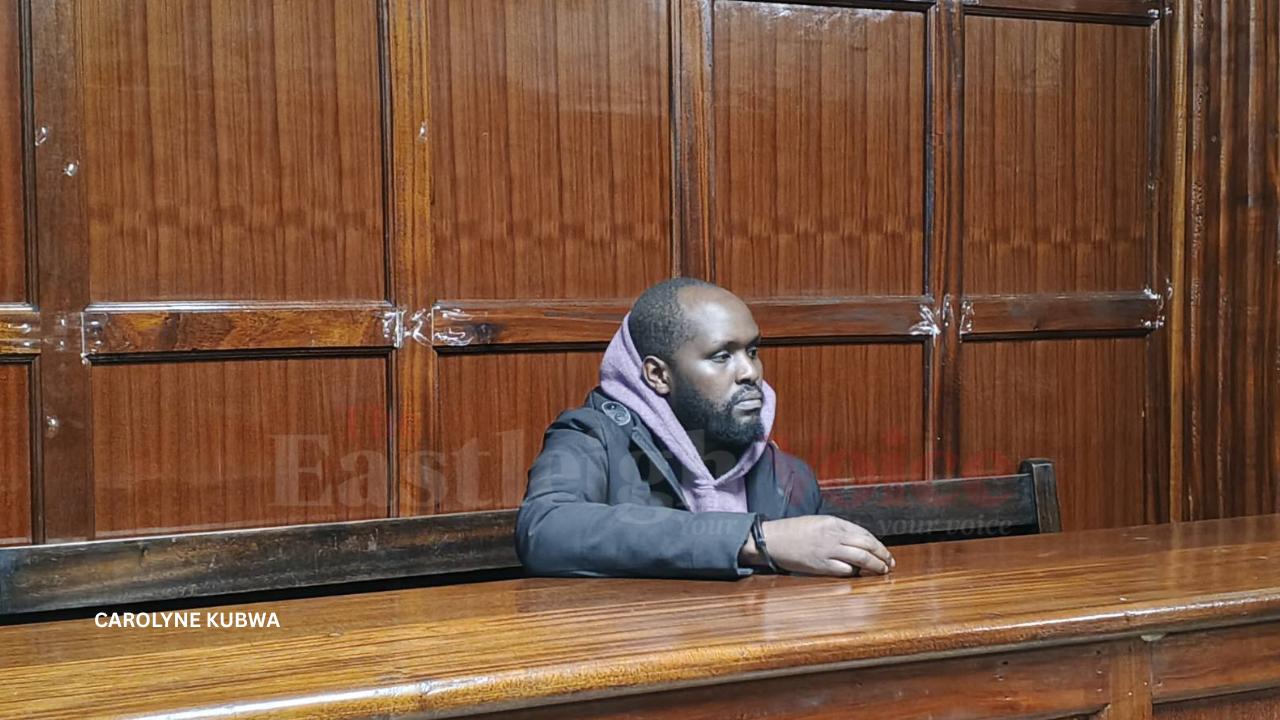UN raises alarm over Kenya’s use of lethal force during Saba Saba demos, urges accountability
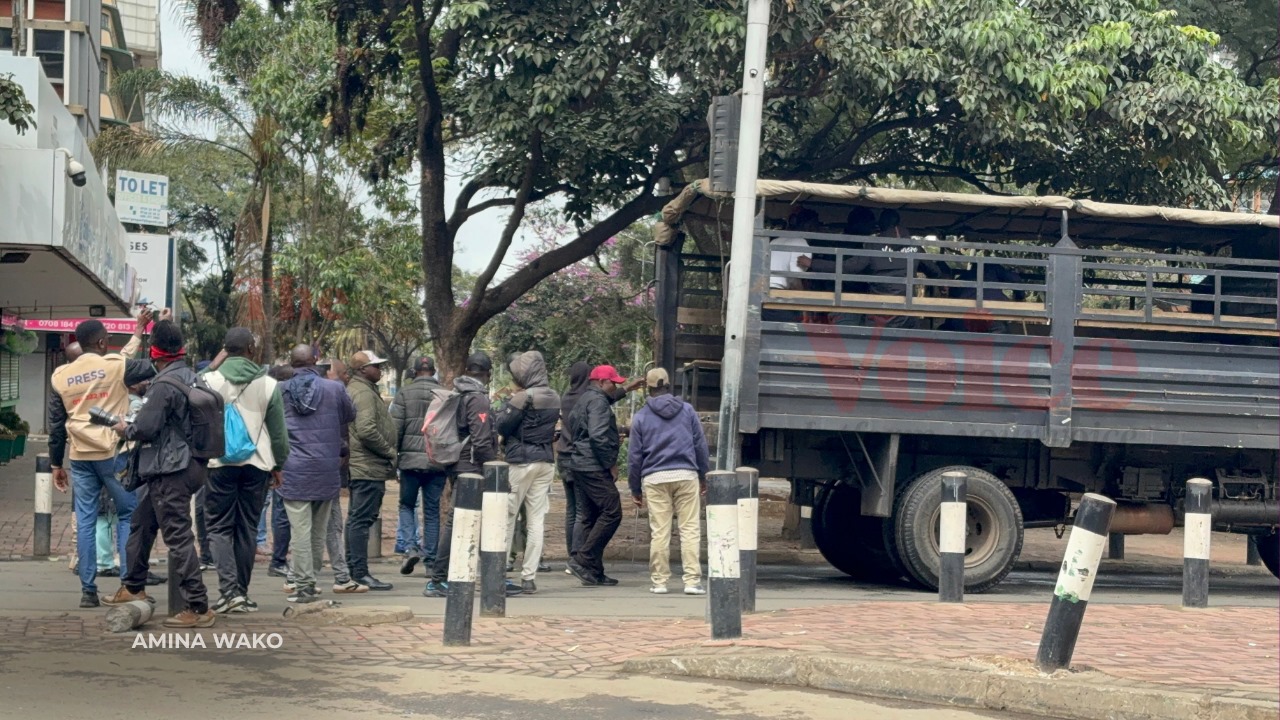
UN High Commissioner for Human Rights Volker Türk condemned the violence, calling the use of lethal force and acts of police brutality “deeply troubling.”
The United Nations Office of the High Commissioner for Human Rights (OHCHR) has voiced concern over the Kenyan government’s handling of the Saba Saba protests, which resulted in at least 11 deaths and multiple injuries.
In a statement on Tuesday, UN High Commissioner for Human Rights Volker Türk condemned the violence, describing the use of lethal force and police brutality as “deeply troubling.”
More To Read
- Government sued for "systematic abuse of power" over terrorism charges against protesters
- LSK faults IPOA over inaction, urges tougher oversight, compensation for police brutality victims
- Two police constables sentenced to 35 years for torturing, killing suspect in 2020
- CS Murkomen defends police conduct during protests, urges IPOA to hold off judgement
- IPOA report blames police for deaths, injuries and failures in June-July protests
- Murkomen puts inciting politicians on notice, vows crackdown in Rift Valley
“We are deeply troubled by the killings yesterday of at least 10 people, as well as looting and destruction of property in Kenya as police and other security forces responded to violent protests in the capital Nairobi and at least 16 other counties,” OHCHR through spokesperson Ravina Shamdasani said.
The UN slammed the police for using lethal ammunition, rubber bullets, tear gas and water cannons during the July 7 protests, which coincided with the annual Saba Saba Day.
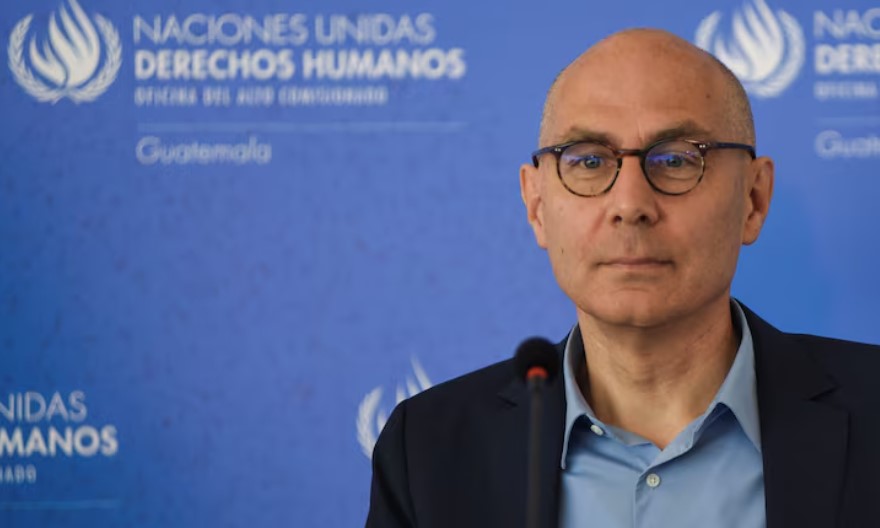 United Nations High Commissioner for Human Rights Volker Turk. (Photo: File/REUTERS/Cristina Chiquin)
United Nations High Commissioner for Human Rights Volker Turk. (Photo: File/REUTERS/Cristina Chiquin)
11 people killed, scores injured
According to the National Police Service (NPS), 11 people were killed, 52 officers and 11 civilians were injured, and 567 people were arrested. Authorities also reported damage to 12 police vehicles, three government vehicles, and four civilian cars.
The Kenya National Commission on Human Rights (KNCHR), however, recorded 10 deaths, 29 injuries, 37 arrests and two abductions during the protests.
The UN expressed alarm over the scale of the violence, which it said mirrored an earlier crackdown on June 25 that left 15 people dead and many others wounded.
“It is very concerning that these latest incidents come barely two weeks after 15 protesters were reportedly killed and many more injured in Nairobi and other parts of Kenya,” OHCHR said.
Calm and restraint
Türk renewed his call for calm and restraint, urging the government to uphold the rights to freedom of expression, association and peaceful assembly.
“It is essential that legitimate grievances at the root of these protests are addressed,” he said.
He also urged authorities to launch comprehensive and credible investigations into the deaths and all allegations of abuse.
“The High Commissioner repeats his call for all reported killings and other alleged violations and abuses of international human rights law, including with respect to the use of force, to be promptly, thoroughly, independently and transparently investigated. Those responsible must be held to account,” read the UN statement.
Other Topics To Read
Human rights law
Türk reminded the Kenyan government of its obligations under international human rights law.
“Intentional lethal force by law enforcement officers, including with firearms, should only be used when strictly necessary to protect life from an imminent threat,” he said.
The OHCHR said it was prepared to support the Kenyan government in addressing the ongoing crisis and ensuring that investigations meet international standards.
“Our office stands ready to support the authorities in Kenya in addressing these challenges, including in the investigations,” the UN said.
The concerns by the UN come after a Kenyan youth activist and Elimu Care founder Faridah Ally confronted UN officials during a session at the Youth Rights Academy in Switzerland.
Ally, who is also a member of the OHCHR-EAA Youth Advisory Board, directly questioned the UN’s inaction amid widespread police brutality in Kenya.
“We’re being abducted, we’re being killed, we’re being followed from our homesteads and taken to police stations and killed in police stations,” she said, highlighting the dire situation faced by young people in Kenya.
She criticised the lack of tangible international response despite media coverage, including BBC documentaries, and efforts by youth to directly engage with the UN.
Ally told the panel that young Kenyans had written letters to the UN and even attempted to disrupt live UN sessions in a bid to draw attention to the crisis. She dismissed diplomatic statements of solidarity as ineffective.
“So my question is, are there like specific thresholds or maybe legal mechanisms that must be met or even triggered for the United Nations to even act on such issues?” she posed.
“What don’t we know that we need to do to trigger the UN to act?”
In a follow-up thread on social media platform X, Ally shared insights she had gathered after the exchange.
She explained that the UN cannot act solely on news reports or viral videos, as any intervention must follow a formal complaint process backed by solid evidence.
She said without such documentation, international human rights institutions have no official basis to intervene.
Top Stories Today
